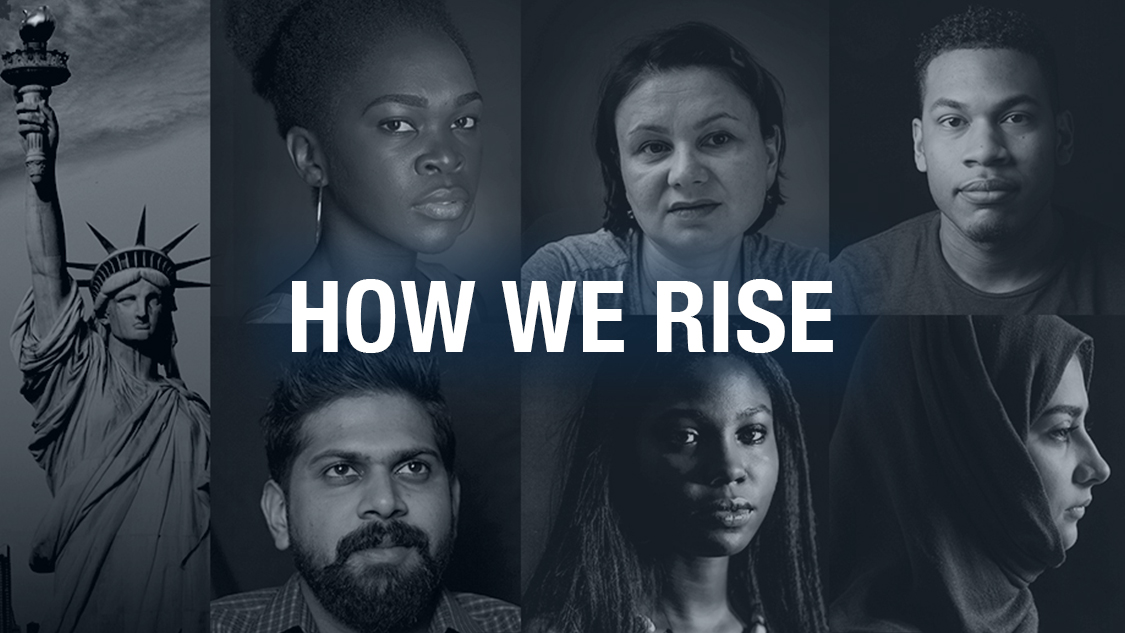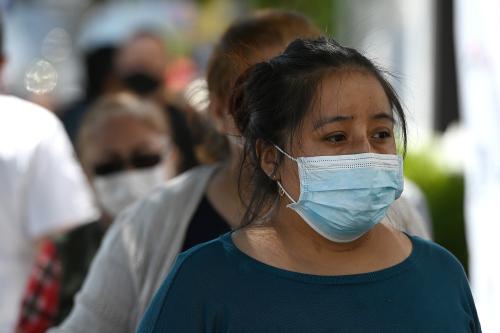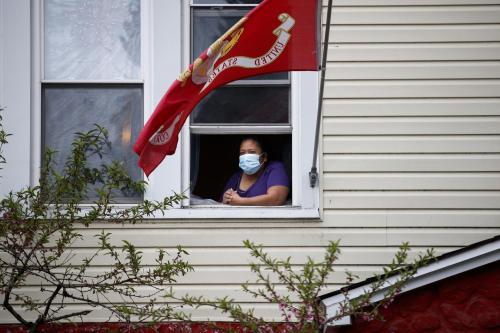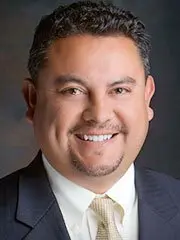In this brief we draw from national survey data of Latino adults to identify challenges ahead for vaccine uptake among Latinos, and some suggestions that the newly formed COVID-19 Health Equity Task Force within the Department of Health and Human Services may consider for Latino specific outreach.
There is a long and recent history of medical malpractice promulgated against communities of color by the federal government. For example, the U.S. involvement in the mass sterilization of Puerto Rican women and Mexican men and women remains a hidden and dark part of U.S. history that was a product of the structural racism that exists in the health care and political system. Disappointingly, similar practices are still seen today. A recent example found evidence of violation of COVID-19 guidelines, forced hysterectomies and maltreatment at immigrant detention centers where Latinos constitute the majority of those detained. When combined with the ongoing anti-immigrant rhetoric fueled by the former Trump Administration, fear and mistrust among the Latino community is a major challenge, particularly for the undocumented or mixed-status families.
National online survey data provides evidence that racial and ethnic minorities are more likely to change their behavior such as their travel plans, wearing a mask and social distancing as a result of the coronavirus-19 (COVID-19) pandemic but remain at greater risk. Latinos, American Indian/Alaska Native (AI/AN), and Blacks living in the United States (U.S.) are disproportionately affected by COVID-19. Data from the Centers for Disease Control and Prevention suggest that when compared to Non-Hispanic Whites, Latinos are nearly twice as likely to get COVID, more than four times likely to be hospitalized for COVID and nearly three times more likely to die from COVID. As states continue to roll out a COVID vaccine distribution plan, identifying equitable approaches to distribution and targeting COVID vaccine mistrust and misinformation will be imperative to address COVID health disparities among Latinos.
Yet, Latinos from a variety of socio-demographic groups have expressed skepticism about the COVID-19 vaccine. For example, in a UNIDOS US Latino Survey on Health Priorities from October, 28% of Latinos reported that they were unlikely to get vaccinated for COVID when it becomes available. More than 1/3 of all Latinas in the sample stated they were unlikely to get vaccinated compared to 22% of Latino men. This gender gap in the likelihood of vaccination identifies how important it will be to conduct more in-depth research with the Latino population and to better understand what is driving fear and concerns about the vaccine to help devise solutions to address the mistrust of the COVID vaccine among Latinos.
When we disaggregated the data to identify the likelihood of getting vaccinated for COVID by national origin, we found some other important differences. As seen in Figure 1, Latinos of Puerto Rican and Mexican origin were the most likely to report they would not get vaccinated for COVID. Given that Mexican Americans and Puerto Ricans are the two largest national origin groups among Latinos, with roughly 41 million Latinos from these groups living in the United States, this is a significant concern for the ability the reach the goal of herd immunity through high rates of vaccine uptake across the population.

The survey also asked Latino respondents who were not planning to take the vaccine what their concerns were in getting vaccinated. The top concerns for getting vaccinated were:
- The potential for negative long-term health effects (79%)
- Side effects from the vaccine (76%)
- That the vaccine will be ineffective (68%)
- Concerns with the danger given their existing health conditions (62%)
- Not trusting the Trump administration (61%)
- It will be too expensive (60%)
As seen in Figure 2, concerns with getting vaccinated for COVID vary between Latino subgroups. Among Puerto Rican, Mexican, and Central American respondents, the top concern was the long-term effects of getting vaccinated. Similarly, South American and Cuban respondents were most concerned with the side effects of getting vaccinated. Puerto Rican and Mexican respondents were more likely to report not trusting the Trump administration. Latinas express higher levels of concern across all of the above issues compared to Latino men.

While the transition to the Biden administration will definitely help address some concerns with trust, this data makes clear that there will need to be an effective and well-coordinated outreach effort to Latino communities. President Biden has taken an important first step by establishing a COVID-19 Health Equity Task Force within the Department of Health and Human Services. We have the following recommendations for this group of experts regarding the Latino population.
- Commission a more in-depth study of Latinos to inform the vaccine roll-out strategies for both adults and children that identifies the most effective messages that improve trust in the vaccine among Latinos, the strongest messengers to help communicate these messages, and where Latinos would like to have more information about the vaccine.
- Use this data to disaggregate this information across important sources of variation among Latinos as we have done in this brief to ensure that this community is not treated as a monolithic population.
- Recognize that Latinos have been saturated with mis-information about the vaccine which must be countered with factual information in both English and Spanish.
We hope to be part of that effort and are confident that with strong data to guide the work ahead we will overcome the legitimate fears and concerns many Latinos have about being vaccinated.
Gabriel R. Sanchez, Ph.D., is a Professor of Political Science and Founding Robert Wood Johnson Foundation Chair in Health Policy at the University of New Mexico, Director of the UNM Center for Social Policy, and Vice President of Research at LD Insights.
Juan M. Peña, M.S, is a Doctoral Candidate in Clinical Psychology and a Center for Social Policy Fellow at the University of New Mexico.
The Brookings Institution is committed to quality, independence, and impact.
We are supported by a diverse array of funders. In line with our values and policies, each Brookings publication represents the sole views of its author(s).









Commentary
Skepticism and mistrust challenge COVID vaccine uptake for Latinos
January 25, 2021